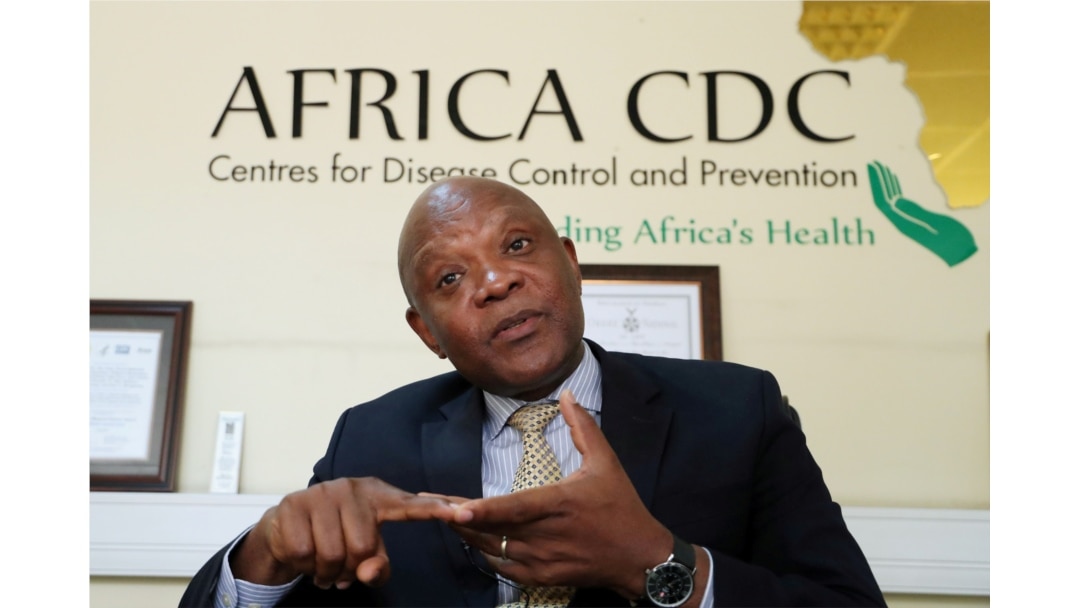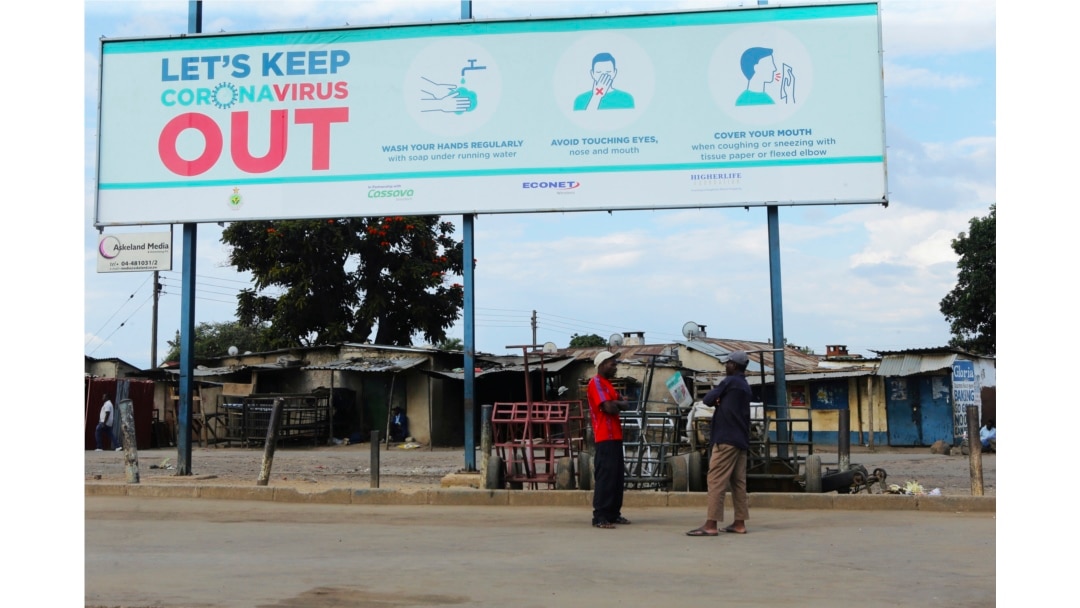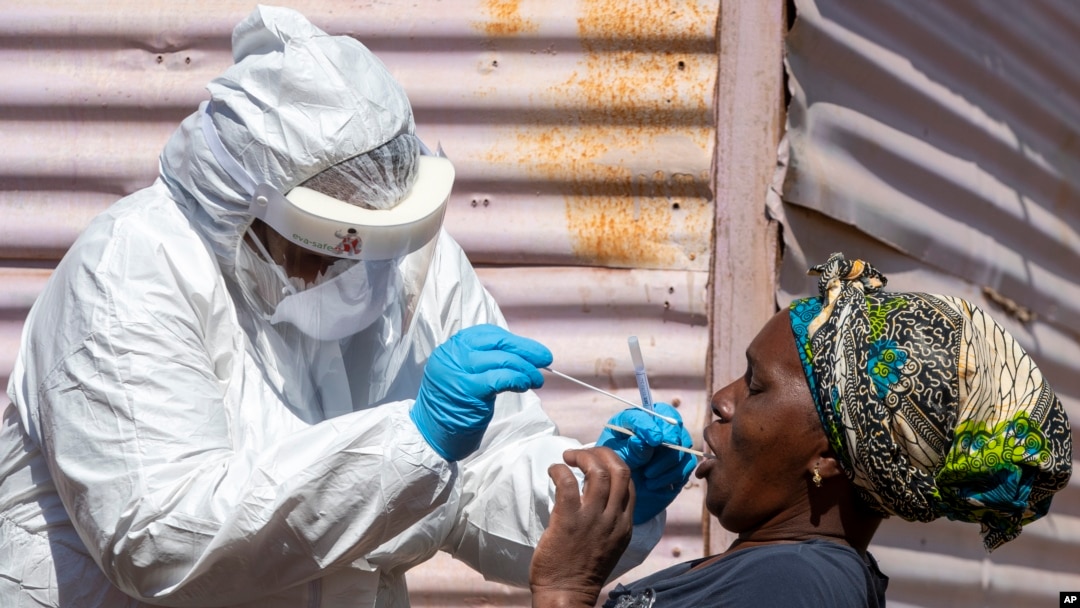Africa's response to COVID-19 has gained global recognition for its fast and targeted action.
The Africa Centres for Disease Control has helped direct the continent's 54 countries into an alliance praised for responding better than some richer countries, including the United States. Africa has registered 37,000 deaths since the first case was announced, compared to more than 210,000 in the U.S.
In late February, after Egypt confirmed Africa's first COVID-19 cases, John Nkengasong, director of the Africa Centres for Disease Control, called a high-level meeting of health ministers.

FILE - John Nkengasong, Africa's Director of the Centres for Disease Control, speaks during an interview with Reuters at the African Union Headquarters in Addis Ababa, Ethiopia, March 11, 2020.
More than 40 ministers from around the continent scrambled to Addis Ababa on February 22. Nigeria's health minister, Osagie Ehanire, even changed his schedule while on a trip to Europe to be present.
Within days, Africa CDC had produced the Africa Joint Continental Strategy for COVID-19, a blueprint to coordinate government action to combat the coronavirus, Nkengasong told VOA in an interview. Zimbabwe, which had not yet confirmed its first case, pre-emptively implemented a full state emergency that restricted flights and large gatherings.

FILE - Two men stand underneath a giant poster showing advice on how to prevent the spread of the coronavirus, during a lockdown to control the virus, in Harare, Zimbabwe, April, 5, 2020.
In South Africa, a lockdown was implemented on March 27, before even 1,000 COVID-19 cases had been recorded. Nkengasong said case numbers in places like South Africa could have been more than twice as high if such drastic action hadn't been taken.
"That momentum that we had developed in Addis Ababa became the galvanizing force for countries to do the work we had agreed on," he said. "This COVID-19 crisis has really exposed the divisions that exist in the world, and also exposed the unity on the continent. I think the continent has come together more than I've ever seen in my 30 years of public health service."
While Nkengasong said factors such as climate conditions, the average age of citizens, genetics and antibodies from pre-existing infections may have led to a lower number of deaths, the sense of urgency back in February also contributed.
In June, the Africa CDC launched a joint procurement platform so governments can get protective personal equipment and other medical supplies. A testing campaign has resulted in more than 15 million tests being conducted across the continent to date.
FILE - Off-duty metro police officers queue to be screened and tested for COVID-19 in Johannesburg, South Africa, May 7, 2020.
Nkengasong said that South Africa, which holds the rotating presidency of the African Union, convenes talks between heads of state and the Africa CDC once a month. And a campaign has recently been designed to coordinate how people in Africa travel through airports.
"We've put in more than 10,000 community health care workers and over 200 responders. There is epidemiologists, infection control people across multiple countries. I think for Africa we have done the best with the limited resources that we have," he said.
Emmanuel Agogo, country representative for Resolve to Save Lives, a team of global health experts aiding governments on their COVID-19 strategies, said in an interview that the reason for fewer deaths in Africa remained a mystery.
But, he said, a younger demographic, the fact many of the first cases were constrained to wealthier people entering the continent via plane, and the high number of people using anti-viral medicine could all have contributed.
Agogo said a World Health Organization initiative of Joint External Evaluations, which helps countries to prevent, detect and respond to public health risks, bolstered the ability of governments to act quickly.
"By doing that, they actually knew where the furniture was," he said. "They knew the gaps in their preparedness and they all developed national plans."
Agogo said that countries in Africa deserved kudos for implementing safety measures despite the economic fallout from doing so, and that the Africa CDC had learned much from coordinating responses with the likes of Ebola in Congo and Lassa fever in Nigeria.


